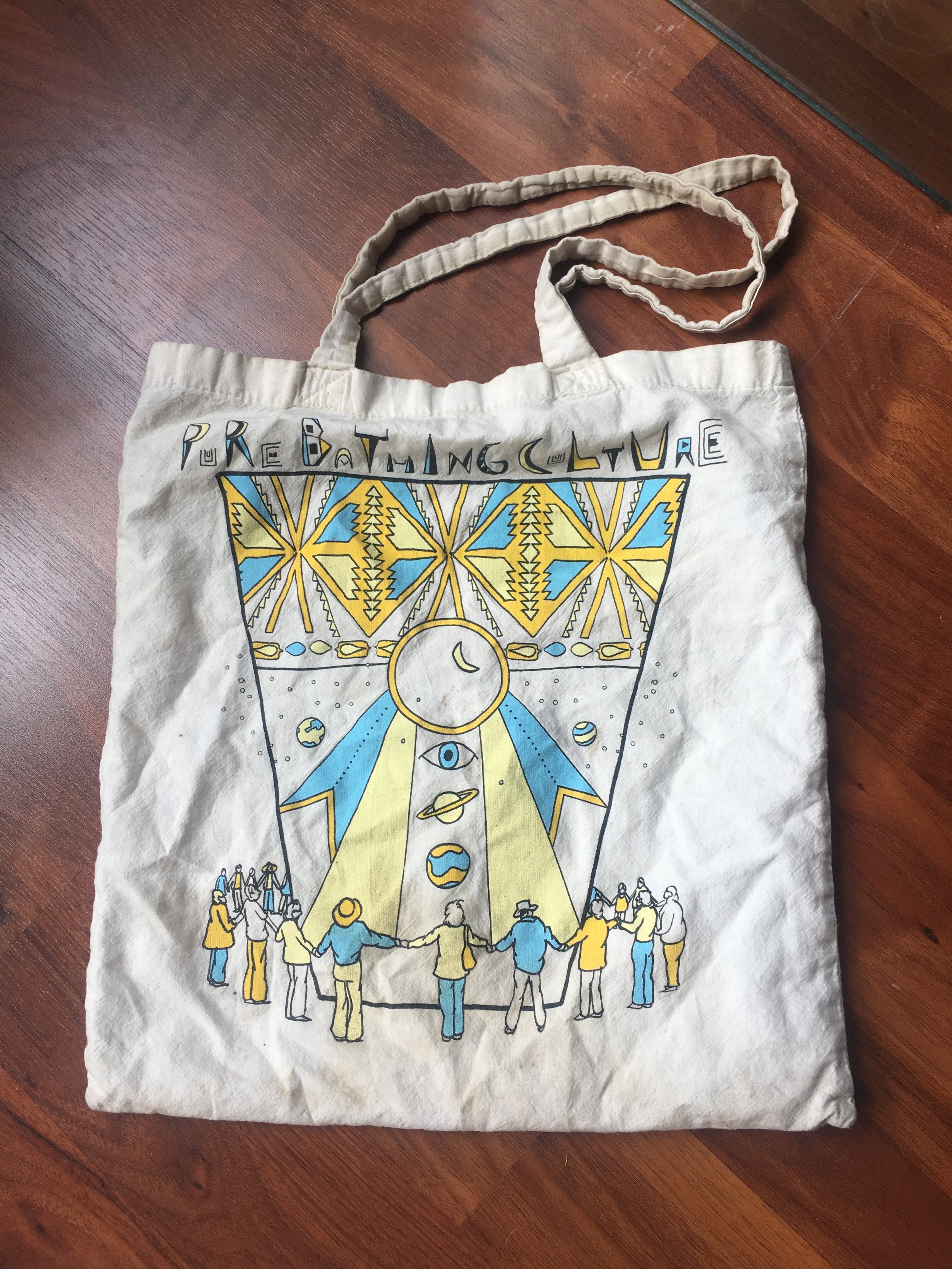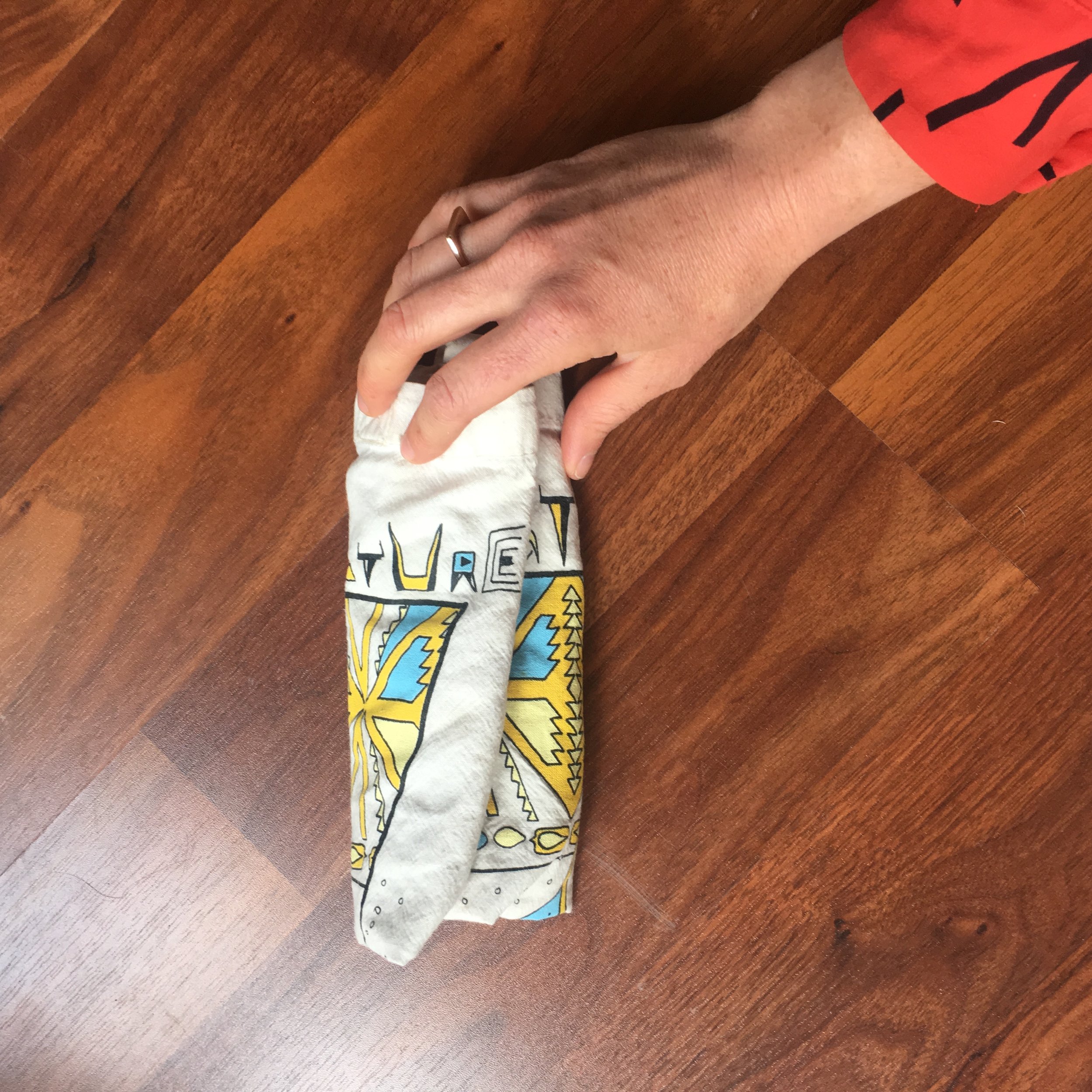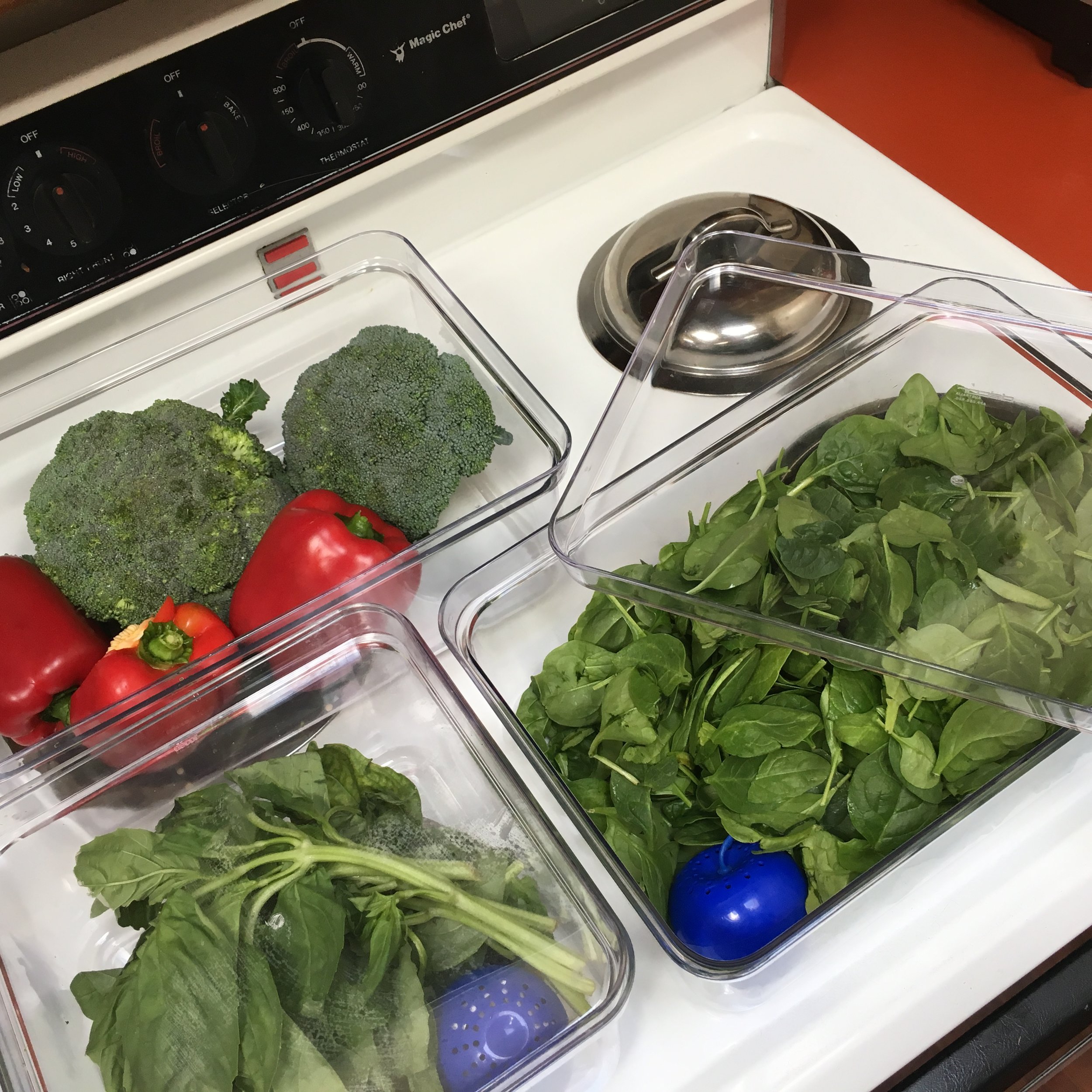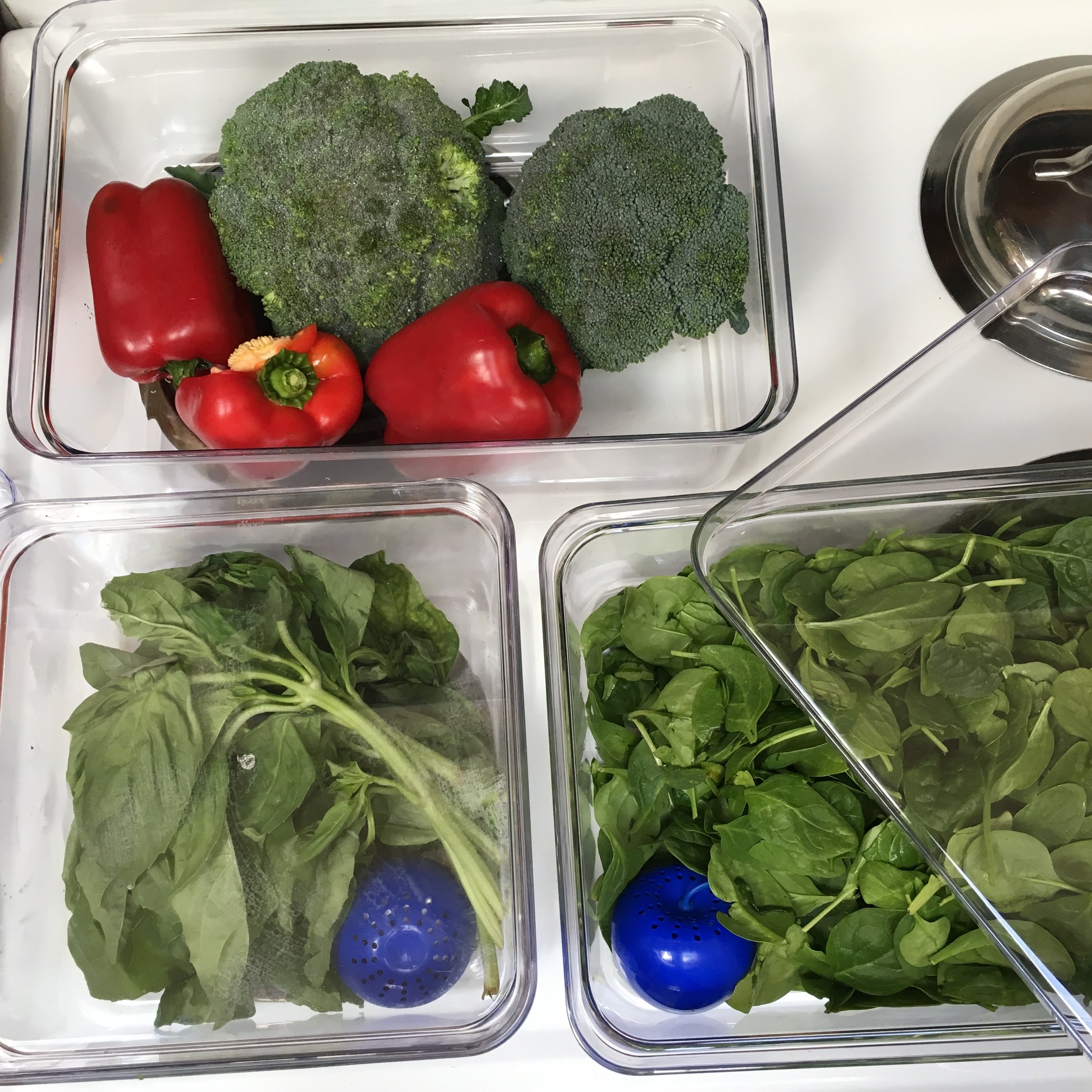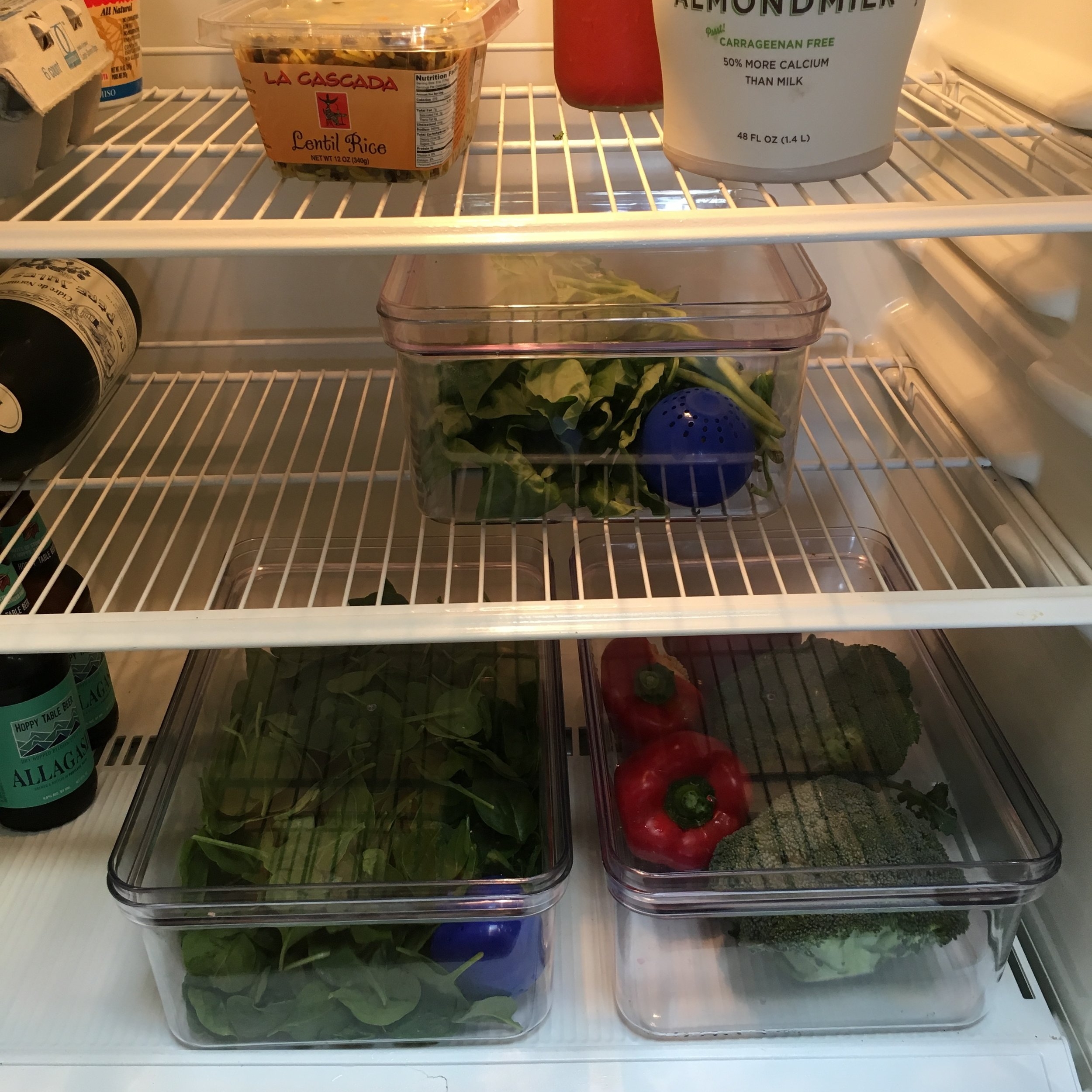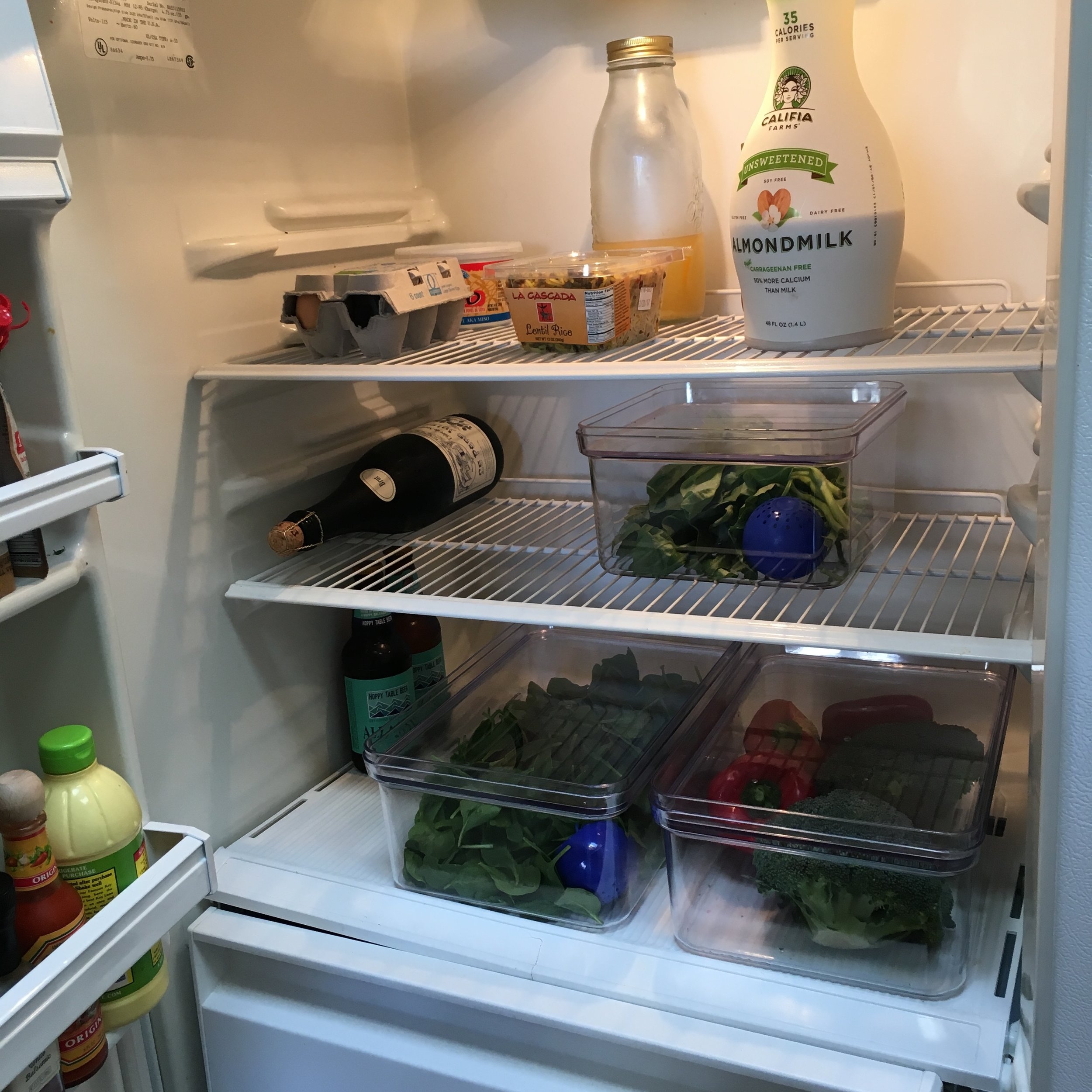3 Ways to Reduce Your Plastic Bag use
Clean and healthy oceans = healthy and clean civilizations.
Hi there!
Kyle your environmental advocate here to talk about plastic bags.
Most of us are aware that plastic bags have a disproportionately negative environmental impact for the short-term convenience they provide.
Why, exactly are plastic bags so bad?
In short, they don't biodegrade. Instead they photograde, which means they break down into smaller and smaller bits of plastic. In general, plastic accounts for 90% (!) of debris in our ocean. Eventually, plastic will weasel its way into the food chain after marine life accidentally ingests it. If we eat that marine life (sushi, anyone?), then we are putting those itty-bitty pieces of plastic into our bodies. These plastic bits are toxic, and contain chemicals that are known endocrine disruptors and something to avoid at all costs.
To be clear, it's not that plastic is inherently bad. On the contrary, the discovery of plastic was monumental. It provided a way to transport goods using less weight than something like glass. Additionally, its sanitary properties have resulted in unprecedented advancements in the medical field. But we are simply misusing plastic in our day-to-day habits. It should be treated like any resource - as precious and valuable.
To use plastic the "right" way means we should use it in high-quality, BPA-free forms; it should be washed and reused and eventually recycled at the end of its lifecycle. In this way, plastic is treated more like a metal or glass. The problem with plastic bags in particular is that they do not lend themselves to be easily washed, dried and re-used. They are also extremely difficult to recycle (they clog the machines) and as a result very few recycle centers actually accept them at all (yes, if you've been putting your plastic bags in your recycling, it is likely that they end up straight to the landfill).
3 Ways to Decrease your Dependence on Plastic Bags
1. A canvas tote is your new best friend.
Bring a small bag with you everywhere you go. Keys? Wallet? Tote bag? Make it a part of your checklist before you leave the house. Find a bag that you actually like and feel good about carrying. Pro tip - The thinner the bag material, the more easily it will fold to fit into your bag you carry on the daily.
2. Find high-quality alternatives.
Plastic bags come in most handy in the kitchen, especially for storing vegetables. Decrease your dependence on bags in the refrigerator by replacing with high-quality alternatives. I invested in some these thick, modular canisters from the Container Store. I use my cloth totes in the grocery store and transfer the veggies to the plastic bins at home, eliminating my need to use plastic bags to transport and/or store the vegetables. To keep produce fresher, longer I use these "BluApple" balls to absorb ethylene gas that contributes to wilting. They totally work! And for kids lunches, remove the plastic "ziploc" bags from your kitchen all together so that you force yourself to shift your habits and use reusable tupperware instead. The inconvenience from having to wash and reuse your tupperware is made up for with a happy heart.
3. Use paper over plastic.
Find yourself at the grocery bereft of a cloth tote bag? Cough up the 10 cents and pay for a paper bag at checkout. While paper bags still have an environmental impact, at least they can be easily composted or recycled at the end of their usable life. Pro tip - If you don't have a small tote to wrangle loose-leaf greens, hunt down a small paper bag (often available in the bulk-bin isle) and use that to bring spinach home.
Thankfully, many cities and states around the nation are passing laws to discourage plastic bag use. San Francisco was the first city in the United States to do so (wahoo!). I can reassure you that with a little planning and a small amount of effort at first, this habit shift is really easy to adapt to and quickly becomes second nature.
Resources:
- The Great Pacific Garbage Patch - the reality
- The History & Future of Plastics - more context
- The Story of Stuff (2007) - a monumental video that forever changed the way I view waste.
- Image from Fishpeople - an inspiring documentary film by Patagonia (2017) about ocean love affairs.
- Pure Bathing Culture - my go-to canvas tote is merch from one of my favorite bands.


